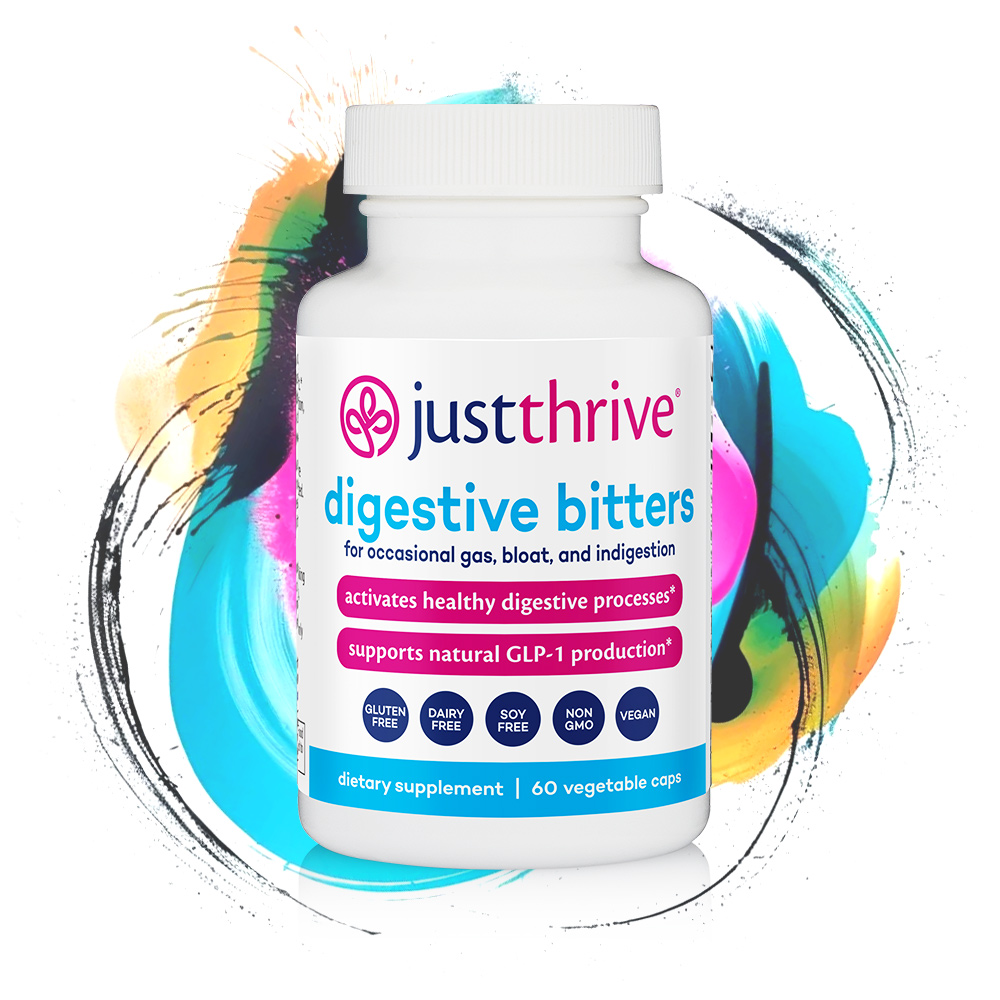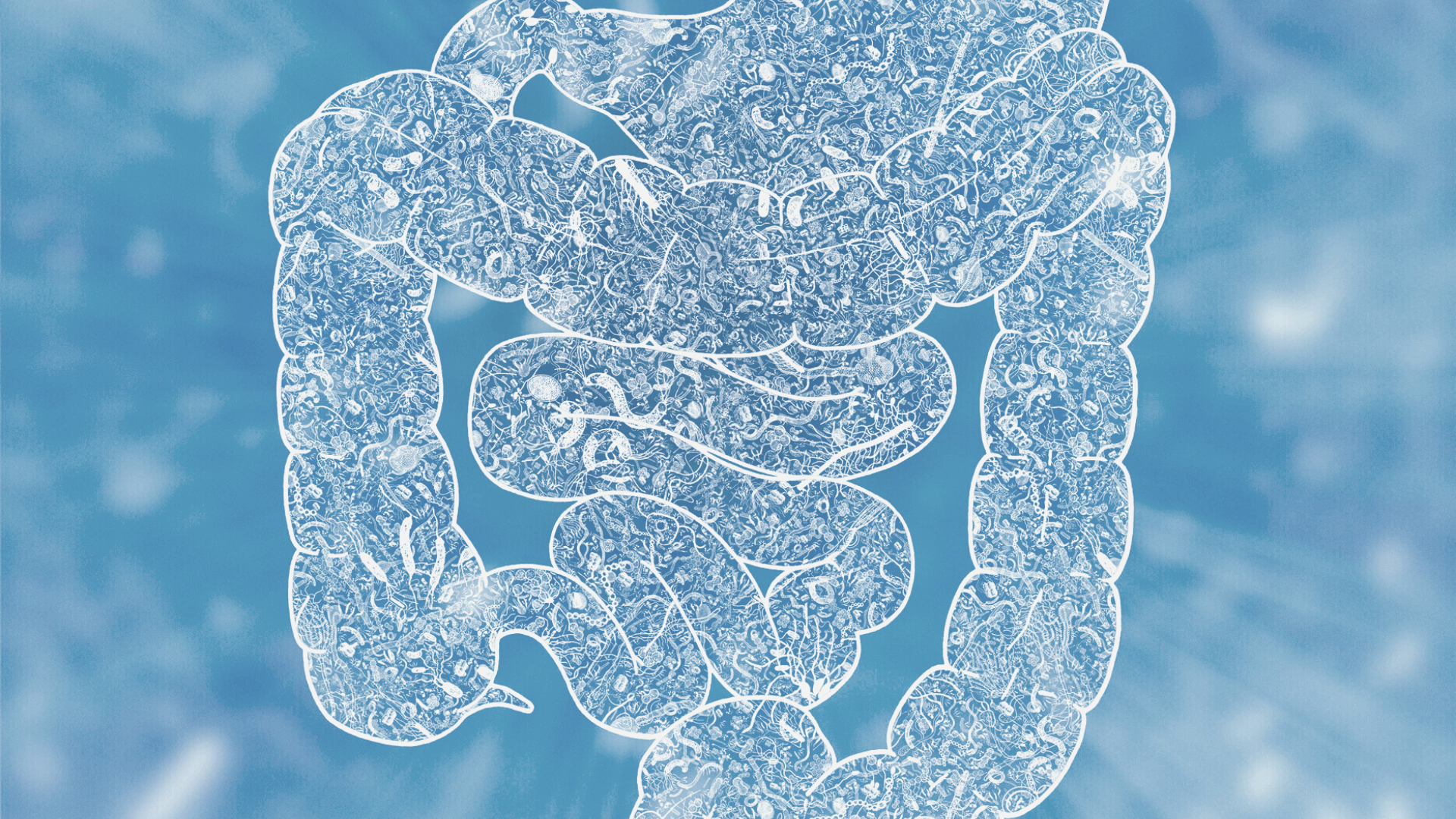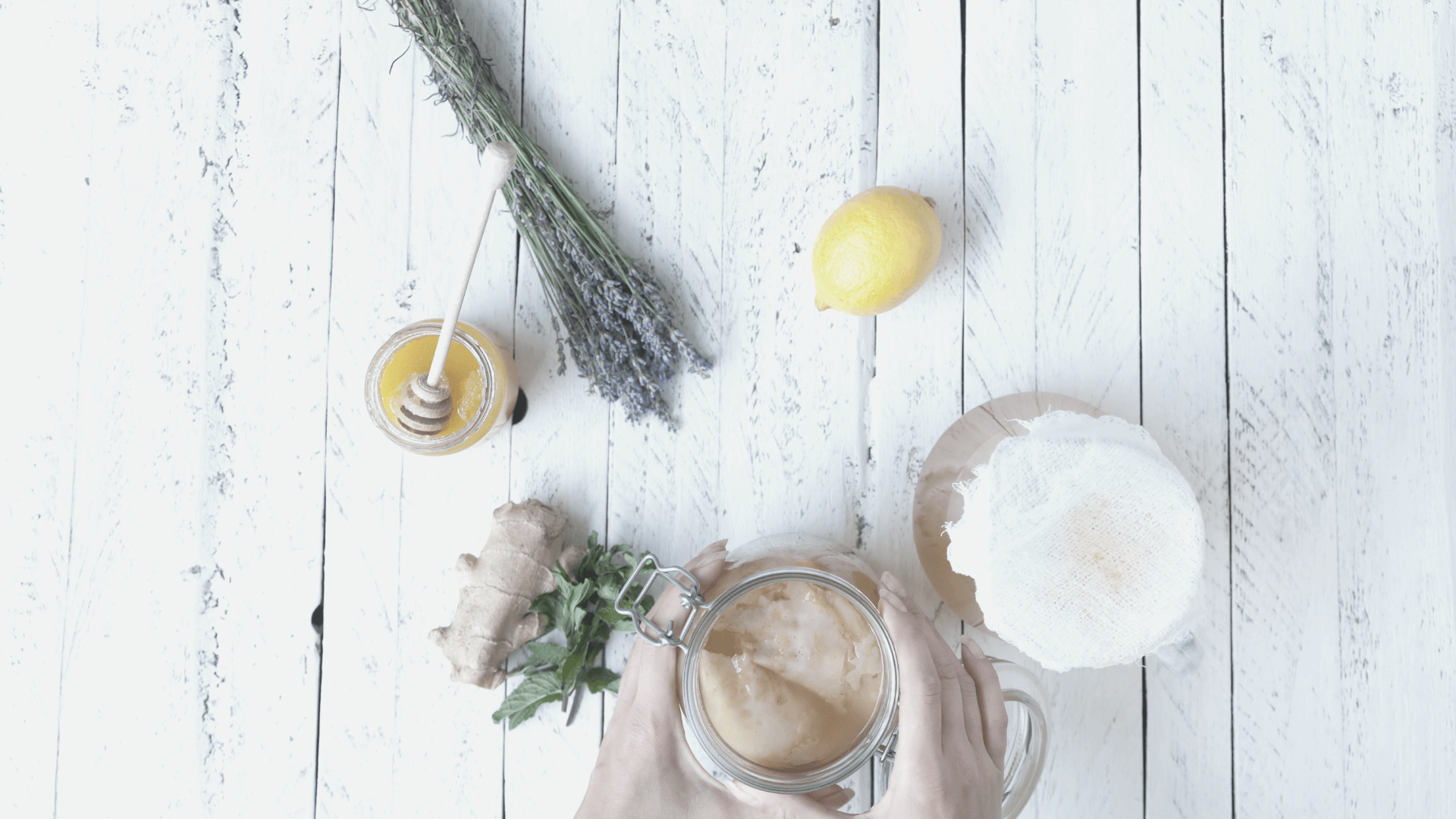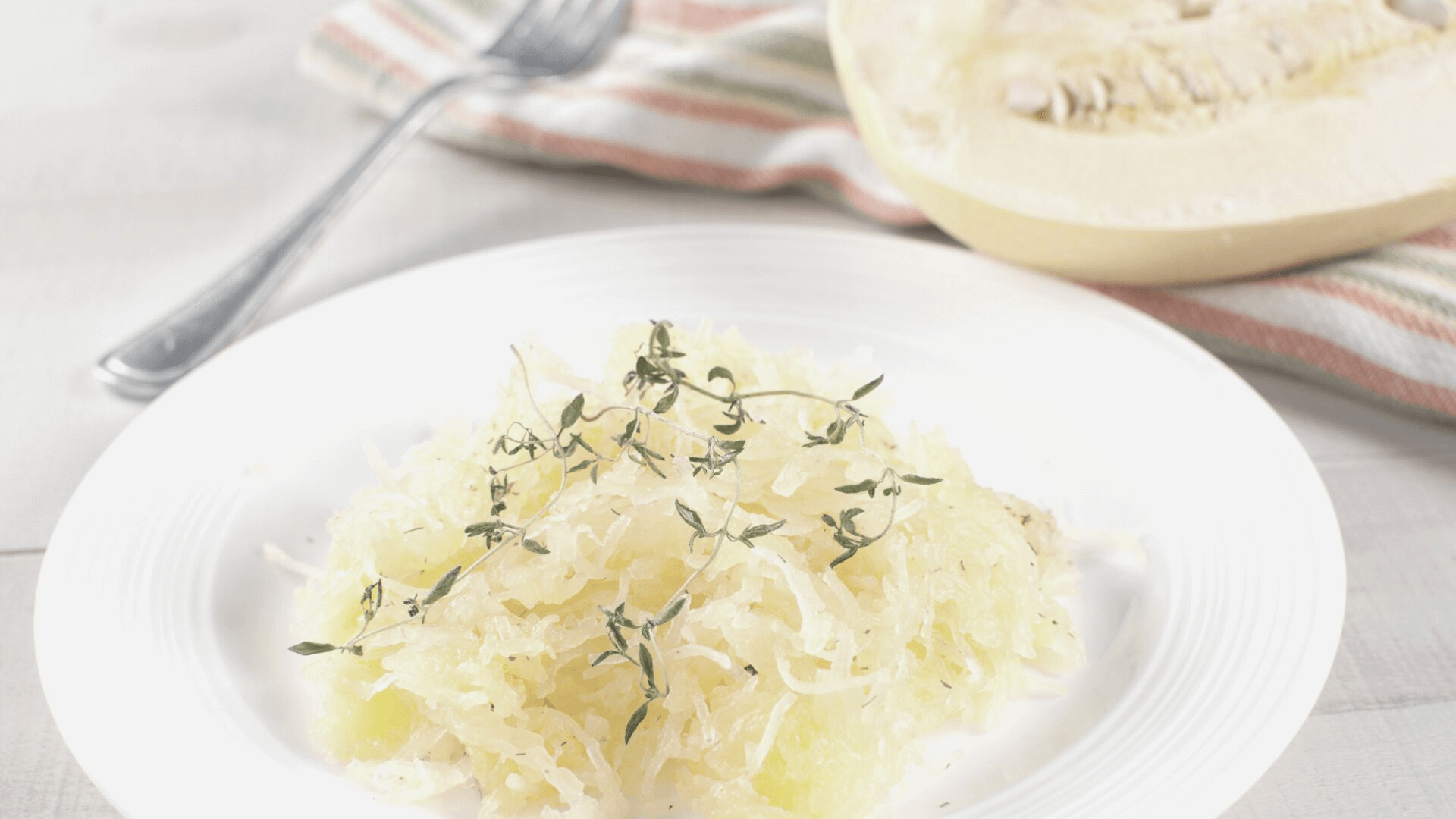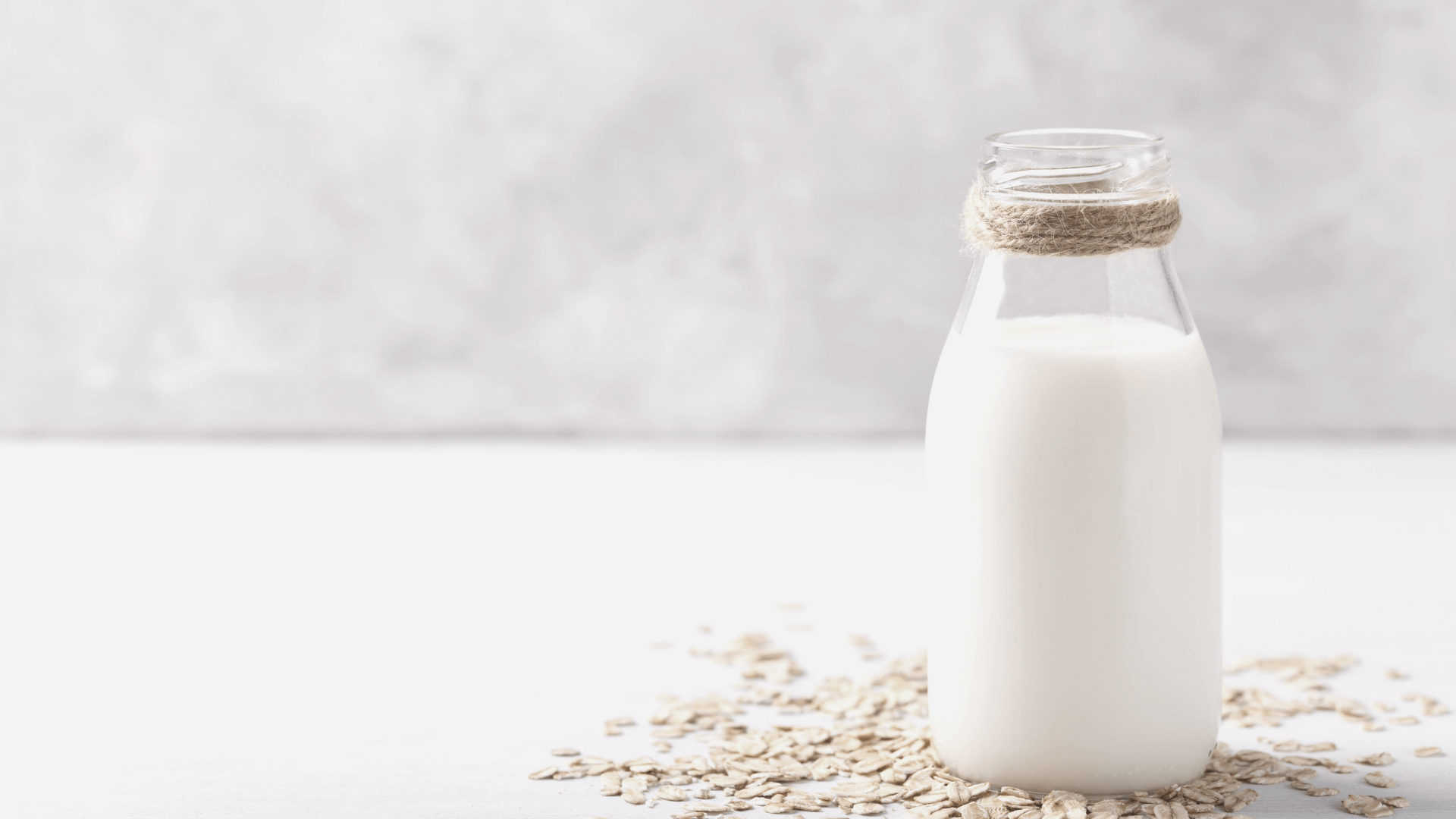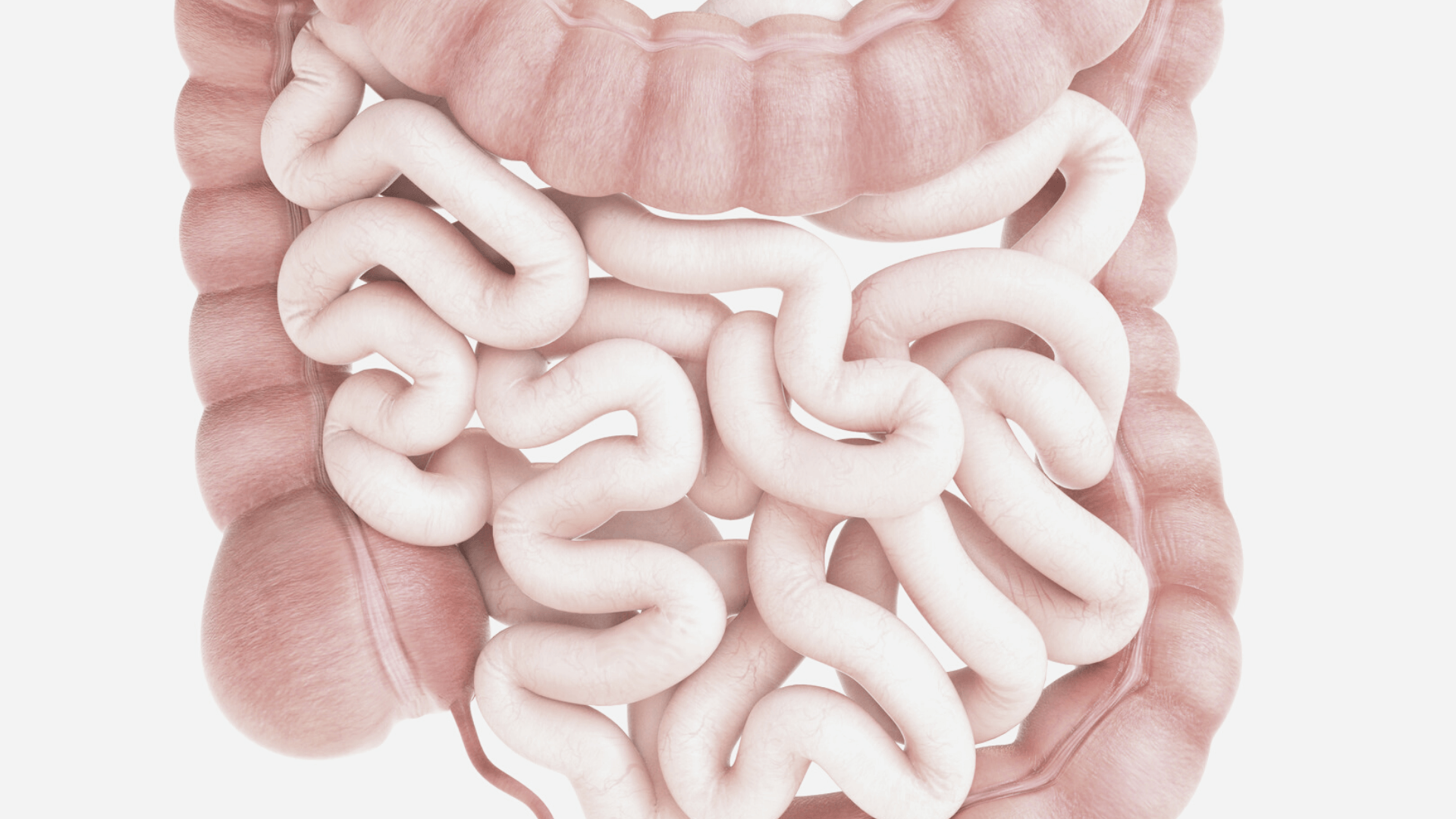What are Herbal Bitters? You’ve been asking, so I made it come alive in a big way with a huge Gut Health Guide to Digestive Bitters.
I’ve written about digestive bitters here and there in the past. They were featured in Leaky Gut Supplements, A Gutsy Girl’s Master Guide to Prokinetics, 46 Carminatives for Digestive Health, and even in Kilometer Zero.
But I’ve never done an intentional and focused post with them as the focal point.
Until today….when I decided it was time to put together this article all about,”What are Herbal Bitters” via a Gut Health Guide to Digestive Bitters.
What are Herbal Bitters? (Gut Health Guide to Digestive Bitters)
Click HERE to save the Gut Health Guide to Digestive Bitters for later.

During the depths of my healing, Dr. Schweig had me take Dr. Shade’s Bitters #9, where the main ingredients include: Dandelion, Milk Thistle, Gentian, Burdock, Solidago, Myrrh, Juniper, Clove, Sweet Orange, and Phosphatidylcholine.
If you want the truth, I took it because I trusted him; not because I had the slightest clue about what it was or how it could help me.
Years later (today), I now fully understand.
So let’s start from the beginning.
Bitters
A digestive bitter is an herb that supports digestive function by stimulating bitter receptors on the tongue, stomach, gallbladder and pancreas.
Their primary effect is to promote digestive juices such as stomach acid, bile and enzymes to breakdown food and assist in the absorption of nutrients.
In ayurvedic medicine, digestive bitters are known as “deepaniya dravyas” or “deepana herbs.”
According to Ayurveda, digestion plays a crucial role in overall health, and imbalances in the digestive system can lead to various ailments.
Digestive bitters are believed to improve digestion by stimulating the Agni (digestive fire) and enhancing the secretion of digestive juices and enzymes.
Bitters are, just as their name implies, bitter tasting with a bitter flavor; created from bitter herbs.
They are found everywhere from the bar (remember what I told you in Kilometer Zero?) to beauty stores (for healthy skin), and even (most importantly?!) your own medicine cabinet.
Common herbs and botanicals used in digestive bitters include gentian, dandelion, artichoke, burdock root, angelica root, chamomile, fennel, ginger, and many others.
Each herb may contribute its own unique properties and potential health benefits.
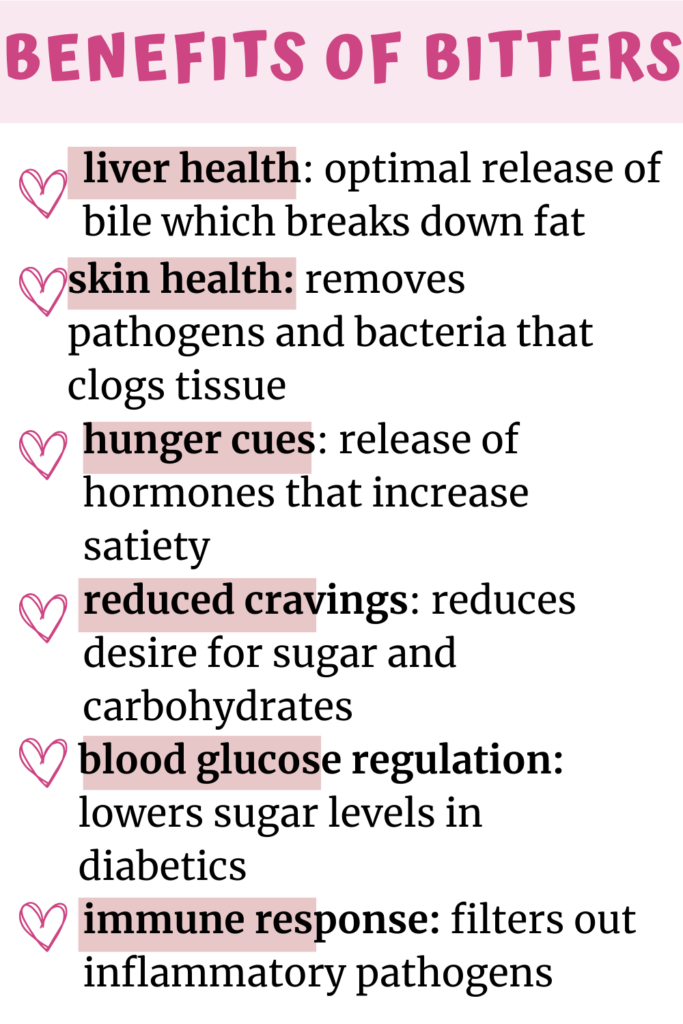
Benefits of Bitters
Here is a list of potential benefits of digestive bitters:
- Improved Digestion: Herbal bitters can stimulate digestive enzymes, promote bile production, and enhance overall digestive function, leading to improved digestion and nutrient absorption.
- Increased Enzyme Secretion: Bitters can support the secretion of digestive enzymes, such as amylase, lipase, and protease, which are necessary for breaking down carbohydrates, fats, and proteins.
- Enhanced Appetite and Absorption: Herbal bitters can stimulate the taste receptors responsible for triggering the appetite, leading to increased saliva production and better absorption of nutrients from food.
- Alleviation of Bloating and Gas: Bitters can help relieve bloating, flatulence, and other digestive discomforts by promoting the movement of food through the digestive tract and reducing intestinal gas.
- Support for Liver Function: Many herbal bitters have hepatoprotective properties, supporting liver health, promoting detoxification, and aiding in the elimination of toxins from the body.
- Relief from Indigestion: Herbal bitters may help alleviate symptoms of indigestion, such as heartburn, acid reflux, belching, and stomach discomfort, by improving overall digestive processes.
- Anti-inflammatory Effects: Some herbal bitters possess anti-inflammatory properties that can help reduce inflammation in the digestive system, potentially relieving discomfort and supporting gut health.
- Regulation of Blood Sugar Levels: Certain bitters, such as bitter melon or fenugreek, have been studied for their potential to regulate blood sugar levels and improve insulin sensitivity, which may benefit individuals with diabetes or metabolic imbalances.
- Gut Motility Support: Herbal bitters can help regulate gut motility, promoting regular bowel movements and preventing constipation.
- Overall Digestive Health: Regular use of herbal bitters may contribute to long-term digestive health by supporting optimal digestive processes, maintaining a balanced gut microbiome, and preventing digestive issues.
What Exactly Are Herbal Bitters?
Common (and main) ingredients found in digestive bitters include:
Gentian Root
Gentian is an herb of the high pastures of the Alps and the Himalayas.
It is one of the most bitter of the bitter digestive tonics, containing both cooling and drying properties. It’s thought to help activate the digestive system and to support the body in assimilating nutrients.
Angelica
Angelica is a warming, decongesting, aromatic, and bitter herb that is part of the parsley family.
It’s widely used as a digestive aid, appearing in traditional aperitif formulas.
It helps stimulate appetite and ease indigestion, bloating, and gas. The herb is also used to combat a sluggish liver.
Bitter Orange
Bitter orange has been used in traditional Chinese medicine for indigestion, nausea, and constipation.
It’s often used as a dietary supplement, for heartburn, nasal congestion, weight loss, appetite stimulation or suppression, and athletic performance.
Slippery Elm
Slippery elm is a mucilaginous herb that is used to add moisture or soothe irritated tissue.
It has been used to address digestive disturbances where it acts as a gentle supportive agent to the intestines and promotes healthy mucosal tissue.
According to Gaia Herbs, it currently has an “at risk” status on the United Plant Saver’s list.
Artichoke Leaf
Artichoke is a large herbacious perennial which produces a “globe” of edible leaves and a fleshy edible heart.
The leaves of artichoke contain a primary compound known as cynarin, which among its other properties improves liver and gall bladder function, and lowers serum cholesterol.
Artichoke has a long history use of being used as a digestive.
Dandelion
Traditionally, dandelion roots and leaves were used to support the liver.
In Traditional Chinese Medicine as well as European herbal Medicine Dandelion was and still is used to support the liver and gall bladder, to promote digestion and to support the detoxification process.
Wormwood
Wormwood was traditionally used as a bitter tonic and carminative to support healthy appetite levels and gastrointestinal function, and a healthy flora balance in the digestive tract.
It was often used to cleanse the digestive tract of parasites and toxins during febrile illness.
Burdock
Burdock is a genus of weeds that are related to sunflowers and part of the daisy family. It has bitter principles, which encourage healthy digestion and appetite.
Burdock also supports healthy and vital skin with a clear complexion.
One of the ways it functions to do so is by promoting normal liver function and by supporting the detoxification process in the body.
What are Digestive Bitters Made of?
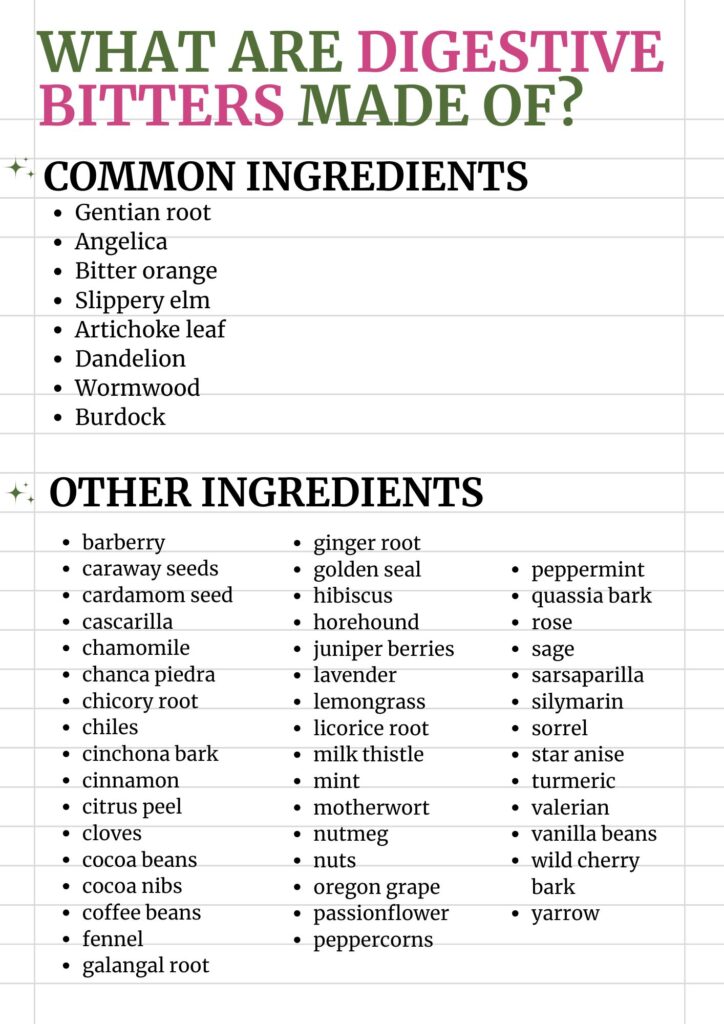
Other ingredients oftentimes/can include:
- barberry
- caraway seeds
- cardamom seed
- cascarilla
- chamomile
- chanca piedra
- chicory root
- chiles
- cinchona bark
- cinnamon
- citrus peel
- cloves
- cocoa beans
- cocoa nibs
- coffee beans
- fennel
- galangal root
- ginger root
- golden seal
- hibiscus
- horehound
- juniper berries
- lavender
- lemongrass
- licorice root
- milk thistle
- mint
- motherwort
- nutmeg
- nuts
- Oregon grape
- passionflower
- peppercorns
- peppermint
- quassia bark
- rose
- sage
- sarsaparilla
- silymarin
- sorrel
- star anise
- turmeric
- valerian
- vanilla beans
- wild cherry bark
- yarrow
And no, not all of those are herbs.
Some are, others are spices, and yet others simply there for the aromatics that go into a digestive bitter.
Those could include flowers, fruits, nuts, beans, and more.
Remember, digestion begins before food even hits the lips when the salivary glands “wake up” for digestion.
Smelling is a key component to the digestive process.
Do Digestive Bitters Really Help with Digestion?
Digestive bitters are an old medicine remedy that have been known to drastically help with a major modern day issue, poor digestion and digestive issues galore.
The body consists of seven basic tastes.
They include: bitter, salty, sour, astringent, sweet, pungent, and umami.

The bitter receptors are built as a “warning” to our body, as most dangerous and poisonous things are highly bitter tasting.
The stimulation of these bitter receptors promotes healthy digestion by increasing digestive secretions.
This leads to better absorption of nutrients, natural detoxification of the liver, and can even have a positive effect on stress.
A phenomenal article to read with regards to those who oppose bitters for digestive health is Bitters: Time for a New Paradigm.
The article states,
It has also been argued that bitters only affect those with impaired digestion yet no mechanism is suggested by which this selection process could occur. Also the question remains: if bitters increase digestive secretions, why do consumers of bitter aperitifs do not suffer side effects resulting from excess secretion of stomach acid, pancreatic juices, and gall?
The article’s conclusion does still favor digestive bitters benefits, just not in the end-all be-all some sources claim.
Digestive Bitters for Gut Health and/or Gut Healing
It is generally regarded that these bitter compounds often do not directly “heal” gut health conditions as much as they trigger a natural response in your body that allows your body to heal itself.
Taking digestive bitters after meals is especially helpful to prevent digestive problems due to over-eating or eating rich foods.
However, according to Urban Moonshine, you should take bitters 10-15 minutes prior to eating.
And, they say that bitters stimulate our body’s innate digestive response and optimize digestive function.
They trigger the digestive system to produce the body’s endogenous digestive enzymes, secrete bile, and balance hydrochloric acid (HCl) levels in the stomach.
What are Other Uses for Digestive Bitters?
In Ayurvedic tradition, bitters are known to reduce sweet cravings and regulate blood sugar.
And in Chinese medicine, bitters are cooling and remove “heat” from the body (aka inflammation).
They can also regulate appetite for weight loss or during fasting.
Finally, you likely know about digestive bitters because of the aperitif and digestif. You don’t? Head to Europe and you’ll quickly understand!
Aperitif
Here is what I wrote in Kilometer Zero,
Aperitivo time is the most magical 1 – 2 hours of the day. It’s a pre-pre dinner event, sort of like Happy Hour only 100 x’s as lovely. During the Aperitivo you have drinks (the Spritz – which originated in Venice – is most common, but this is where it was appropriate for me to have my vodka drink).
That drink is an aperitif, meaning it comes prior to the meal.
Besides acting as a social thing, its purpose is to prepare the stomach for digestion.
Common aperitifs include: Campari, gin, and dry vermouth.
Digestif
And here is what I wrote in Kilometer Zero about the digestif (digestivo),
The Digestivo is common to take right after dinner. It’s an alcoholic beverage and as the name suggests, thought of to help digest the meal. Ryan had one most nights, and I would typically take a sip or two (remember, I don’t love alcohol – not really my thing). The two Digestivo’s that stand out the most were the ones we had in the mountains, both were considered Kilometer Zero: Genepy = herbs, flower, pure alcohol and Genzena = root, pure alcohol.
And yes, that’s how I spelled it, “genzena.”
After doing all this research, I now know it’s Genziana which comes from the Gentian root (above).
Best Brand of Digestive Bitters
So you want to try a digestive bitter for improved digestion and better gut health, but you’re not sure where to start.
I’ve sourced some products for you to consider.
Just Thrive, Digestive Bitters
In my own supplement line, we used to carry a digestive bitter. And I loved it so hard, but my suppliers stopped carrying the formula so I was no longer able to provide it to the community.
And then, about a year after I could not longer sell it, Just Thrive came out with a similar (actually better!) digestive bitter.
Since Just Thrive is already one of my top and most-trusted partners, I could not wait to share this with you!
Dr. Shade’s Bitters #9
I put this one first on my list, intentionally.
The doctor I used to work with in California recommended it, and I fully trusted him.
He was the doctor who set me on my forever path to healing.
The product contains nine bitter herbs and essential oils, all known to help activate bitter receptors and to be able to support bile flow and healthy digestion.
You’ll find Dr. Shade’s Bitters #9 + many others through my Fullscript Online Dispensary.
I have even created a list specifically for SIBO.

Gaia Herbs Sweetish Bitters Elixir
They note in particular that the product is intended to ease bloating.
The herbs contained in the product include: Amalaki Indian Gooseberry, Anise Seed, Cardamom, Fennel, Gentian, Ginger root, Milk Thistle, Turmeric, Wild Yam.
MyKind Organics Liver Bitters Detox
Won’t lie. I like this brand line from Garden of Life because it’s Alicia Silverstone’s, and I dig what she stands for.
Expertly formulated with powerful organic herbal ingredients, Liver Bitters Detox spray includes Certified USDA Organic and Non-GMO Project Verified herbal ingredients such as organic artichoke, dandelion and burdock.
Urban Moonshine Digestive Bitters
Urban Moonshine is known for their digestive bitters. They have a variety to pick and choose from. They have a travel-sized one (15 ML) as well HERE.
DigestaPro – Digestive Bitters
This product is alcohol-free and contains Gentian Root, Burdock Root, Artichoke Leaf, Chanca Piedra Herb, Cardamom Fruit, Anise Seed, Orange Peel, and Ginger Root.
Can I Make My Own Digestive Bitters?
So what if you don’t want to buy your digestive bitter, but DIY it? Yes, you sure can.
Have I ever? YES! Of course. They are currently sitting in my fridge in a mason jar.
Enjoy these great resources for learning how to make your own bitters:
- DIY Bitters: Reviving the Forgotten Flavor (this book was written by the founders of Urban Moonshine)
- How To Customize Your Homemade Digestive Bitters
- DIY Digestive Bitters
- How to Make Digestive Bitters
- The Ultimate Guide to Bitters
Q&A: Digestive Bitters
Here were some questions submitted on this topic via the ‘gram.
And these are my best answers, based on the research I’ve done.

Why do bitters give me stomach pain the morning after the day I take it?
First, are you sure it’s the bitters that are giving you the pain?
Does it happen every time and only when you take the bitters? Then, possibly consider the product and/or ingredients the bitters you’re consuming contain.
Break this down with my free Supplement Tracker Template.
I tried a whole bottle and it never worked. Do I have a bigger gut problem?
Possibly.
The first question I’d ask you, though, is do you have a gut problem to begin with? If so, what is it? That might help.
Not all herbs are right for all conditions.
In fact, some can have negative effects.
Are digestive bitters okay to use if you have gastritis?
Some sources say yes; others no.
Gastritis is an inflammation of the stomach lining that can be caused by various factors, including bacterial infections, long-term use of certain medications, excessive alcohol consumption, or autoimmune disorders.
Symptoms of gastritis may include abdominal pain, nausea, vomiting, bloating, and indigestion.
Some bitter herbs used in herbal products may potentially aggravate the symptoms of gastritis in some individuals.
Bitter substances can stimulate the production of gastric acid, which may exacerbate the inflammation and discomfort associated with gastritis.
However, it’s important to note that everyone’s body and response to herbs can be different. In some cases, certain herbs or formulations may actually be beneficial for individuals with gastritis.
For example, demulcent herbs, such as marshmallow root or licorice, can help soothe the inflamed stomach lining.
Since this website is never a substitute for proper medical advice, you should work with your doctor, herbalist or other qualified healthcare practitioner to find the right combination for your unique condition.
Do digestive bitters replace digestive enzymes?
Maybe, but not necessarily.
Digestive bitters stimulate enzyme production, while a digestive enzyme provides an external source of enzymes.
You can learn more about digestive enzymes via What are Digestive Enzymes HERE.
Again, work with your doctor or nutritionist on this one to determine if you need one, both, or neither.
Note: I personally use both Break Down + bitters. This graphic explains why.
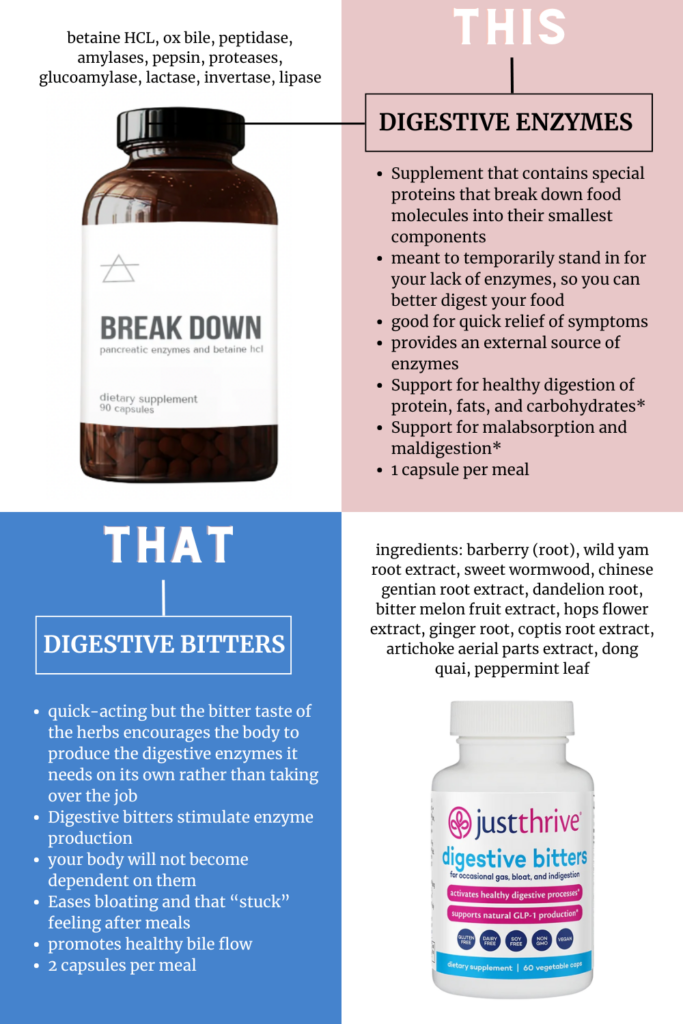
What are some natural bitter foods?
Here is a list of 10 foods that you could incorporate to light up the taste buds:
- dark chocolate
- coffee, black
- leafy greens – my favorites for hitting the bitter taste receptors include: arugula, dandelion greens, and mustard greens
- cruciferous vegetables like broccoli, Brussels sprouts, and cauliflower
- citrus peels
- artichokes
- radicchio
- olives
- turmeric
- green tea
Herbs
Herbs are awesome. I’m so excited about them that I bought a whole book on herbs to learn more.
But they do still have limitations, and they are not right for everyone at any moment with any condition.
Be sure to work with someone closely if you have any questions or concerns.
That was massive. But I know there’s still more.
Let me know in the comments below if there is more you’d like to know.
By the way, if you want to learn even more about the gut and ways to heal it? Learn all the secrets via my signature book, A Gutsy Girl’s Bible: a 21-day approach to healing the gut. Grab your copy on Amazon HERE.
Or, have this book at your fingertips instantly by downloading the PDF now.
Sources: HERE, HERE, HERE, HERE, HERE, HERE, HERE, HERE, HERE, HERE, HERE, and HERE.
If you liked this post, you might also enjoy:
- Vagus Nerve Home Remedy {11 Ways for Stimulation}
- 12 Ways to Increase Stomach Motility
- Chronic Illness Root Cause Analysis
Xox,
SKH
🤰 bloating be gone! weight loss through optimal gut health for women
💃ʜᴇᴀʟ ʏᴏᴜʀ ɢᴜᴛ. ʜᴇᴀʟ ʏᴏᴜʀ ʟɪfe.
🫶🏻 founder gutbyome.com

